Rebuilding China: High salaries, Royal Rampage, and TGA
The theme of the week is roster turmoil and high dollar contracts. I’ve already revisited the streaming culture, but additional research has made me interested in elaborating on just where these large amounts may come from.
Hint: It’s not always “they have rich daddies.”
Weekly hurdle: The streaming boom in China
Whether or not you believe that Jang “MaRin” Gyeonghwan just signed a contract with LGD Gaming for the largest amount ever paid for a player, it’s reasonable to ask why the money keeps coming. Surely the streaming platforms cannot have made a return on their investment. Surely the clubs should no longer have to pay increased amounts to compete.
While in the past clubs have reported that competing with streaming platforms has raised the amount they pay out-of-pocket, many relationships between clubs and sites like HuomaoTV, one of LGD’s partner platforms, put more of the burden on the streaming company than the team.
Ex-LGD Gaming Business Development Manager, Orrin Xu, publicly commented on the issue. Some of the big player salaries fans see reported will be paid in full by a streaming platform. The implication is that most contracts for popular players don’t come from “rich kid owners” alone.
Regardless of the payment mechanism, it still comes back to the streaming platforms. Organizations like DK or WE or OMG will bring up the streaming phenomenon again and again, but they fail to underline how far it extends. As this is an important issue, I’ll do my best to explain it neutrally and respectfully from the limited perspective of someone who lives outside China.
An Economist article in 2013 underlined the rate at which the streaming market has grown.
A government news source has said that in 2012 only 30% of households in Beijing watched TV, down from 70% three years earlier—although official figures are not always reliable.
According to the article, an extreme reduction in household viewership of television in China is directly linked to a difference in censorship laws between streaming sites and television. All television stations in China are state-owned.
When someone in the western world hears the term “censorship,” our minds might assume censorship of political statements, but that isn’t the main issue that creates an opportunity for streaming sites to compete. Television shows are banned from depicting anything from certain levels of violence to time travel, and programs submitted for approval wait months for a green light. Meanwhile, an online streaming company will require a government license, but it will be privately owned, and website owners are given the responsibility of policing their own content.
As a result, the immediacy of streaming as entertainment in China has lead to a boom of programs ranging from highly produced shows to skits run by individuals for their friends. As a result of the cost of streaming, where firms sometimes pay per viewer for data to China’s internet provider, these enterprises aren’t always profitable, but they’re growing at an intense rate.
In the midst of this boom sits the gaming industry. At this point, much of the League of Legends sub-Reddit has probably seen the BBC interviewswhere an incredulous journalist marvels at the popularity of gaming in China. While I don’t agree with everything she says, online gaming is incredibly prominent in China’s entertainment climate for the new generation in part because it creates easily accessible content for streaming platforms. If a young person ventures to an internet cafe to watch a show, there’s a good chance he may also be exposed to a gaming stream or play an online game.
Gaming creates an environment where players are able to interact with an audience and produce entertaining content easily. If the content becomes successful, the company can feature the streamer and enter into a lucrative contract with the content creator to draw in viewers.

League of Legend becomes the primary game of choice for many audiences because of its accessibility. League of Legends is distributed by Tencent, a company that, beyond just gaming, also owns popular social media services, including QQ. QQ is, among other things, an instant messaging service, but having a QQ number also grants access to a variety of games, music, shopping, group chat, or a QQ email.
While playing other Chinese games like DotA 2 may require children to get their parents’ permission to use their Chinese ID number, League of Legends and other Tencent games only require a QQ number for access. Since QQ is useful for so many services besides gaming, it’s easier for a larger young audience to play League of Legends than some other major online esports.
This combination of influences creates an appetite for popular League of Legends streaming personalities and professionals from competing streaming platforms. Cooperation with Chinese eSports teams and clubs allow players who want to keep competing professionally to come to China and stream for a Chinese audience. If they didn't want to compete, they could still come and stream in China for a similar, if not larger, paycheck.
So when people ask "Why are Koreans still getting massive contracts?" or "Why hasn’t the bubble deflated yet?" the answer extends beyond just the gaming sphere. The growth of streaming in China is more than one industry bubble; it’s a large economic phenomenon that doesn’t have an easy western equivalent.
Suddenly, $1-million USD contracts become less surprising.
Roster Rumblings
Confirmations
It’s been a busy week. Typically in a week, five pages of NGA discussion will accompany roster changes, but this week there were roughly thirty new pages. Most of it consisted of Royal Club-related speculation, which I’ll get to later.
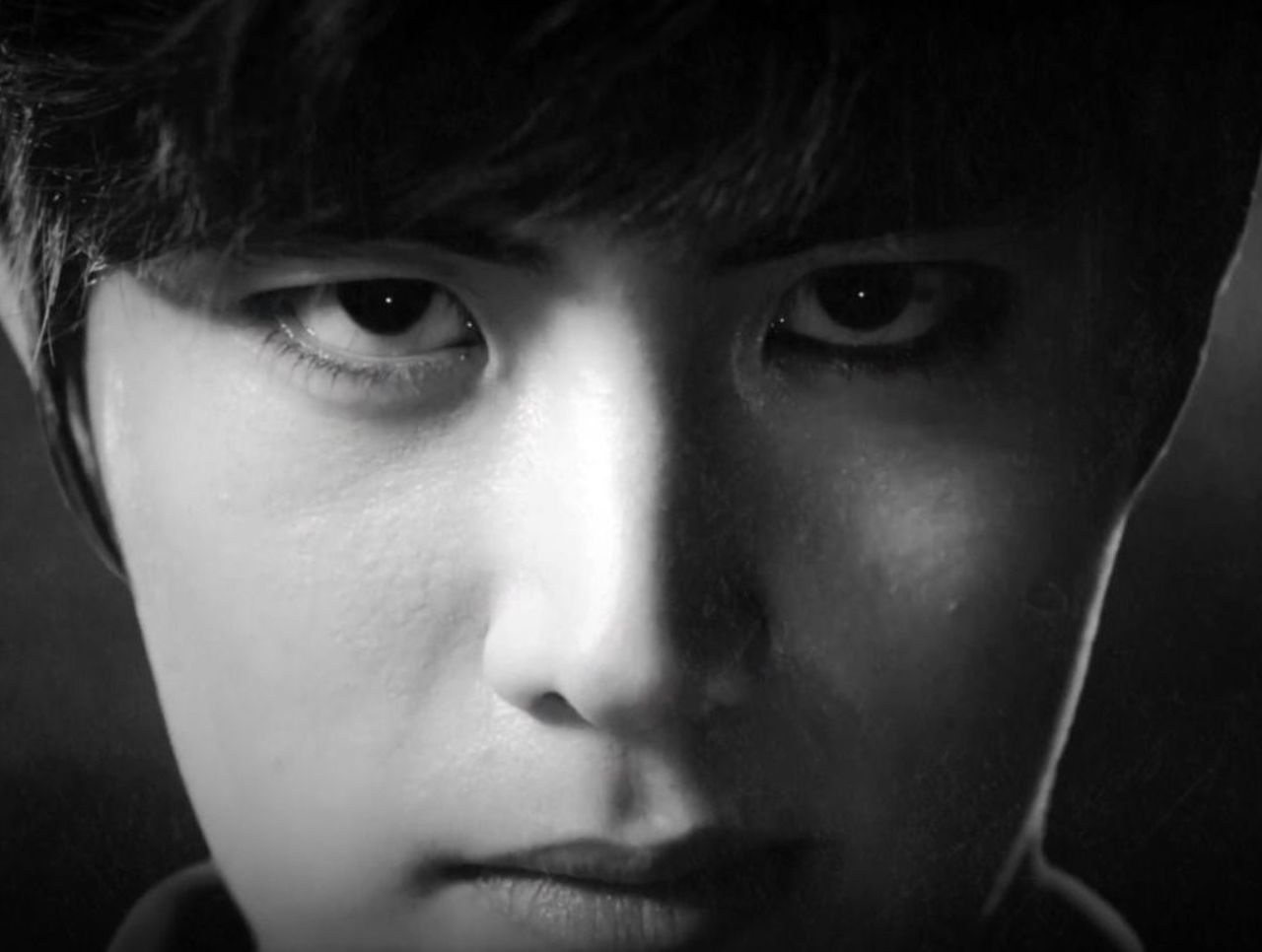
Despite the uproar, very few confirmed changes came to pass. Lee “Flame” Hojong and Zhu “TBQ” Yonquan left LGD Gaming. Stripping an extra top laner and a Chinese jungler retiring amidst heavy blame after an international tournament are more like time-honored traditions than news.
The addition of Lee “Heart” Gwanhyung as coach has fans in an optimistic tizzy, but unless LGD make necessary infrastructural changes, I'm still not on board. Heart's best chance is commanding respect himself, but he'll have to fight for it.
The [most recent] great social media blunder of 2015 featured Vici Gaming prematurely announcing that Cho "Mata" Sehyeong will join Royal Never Give Up before promptly deleting the post. By all accounts, Mata is a difficult to Korean to please, and even the addition of the AD carry on the top of RNG's alleged player wishlist is unlikely to satisfy him in the long run.
Shan "Chaox" Huang is coaching Team Newbee. Here's to hoping he doesn't abandon them at the finish like their last coach.
A move less likely to have found itself on your radar was the acquisition of ex-DK Academy (yes, they had a LoL team) jungler, Zhu "DestronWZT" Jie. He was seen playing for the team at the International eSports Festival this past week. You may seen him play for Gamtee briefly earlier this year. He has promise, but not enough. Incidentally, WZT stands for Wei Zhen Tian, meaning "Megatron."
More coach shuffling has allegedly transpired. With OMG losing their Korean coaching staff, they've picked up Luo "BSYY" Sheng, who coached LGD Gaming at the beginning of the year. His reputation isn't necessarily strong, and he supposedly left LGD for "personal reasons."
Oh, and Bae "dade" Eojin left Master3. According to Master3's statement, they could not agree on a price. No one was surprised.
Likely
I dub this week the Royal Rampage because of all the buzz following the team. Information supported outside the forums suggests Royal's owner, alleged to have owned King this year, has sold King after relegation and will move many of the King players to Star Horn Royal Club, his other recently relegated LSPL team.
This involves several lower profile transfers, including AD carry Xue "Ao" Changjun to AD Gaming, ShowTime top laner Guo "lies" Haotian to Star Horn Royal Club, Choi "inSec" Inseok to Star Horn Royal Club, Energy Pacemaker Carries Mao "Leanheart" Jie to Star Horn Royal Club, Lei "corn" Wen to Star Horn Royal Club, DK Academy's He "BoBo" Wenbo to Star Horn Royal Club, and Legend Dragon support Su "SouthWind" Zhinlin to Star Horn Royal Club.
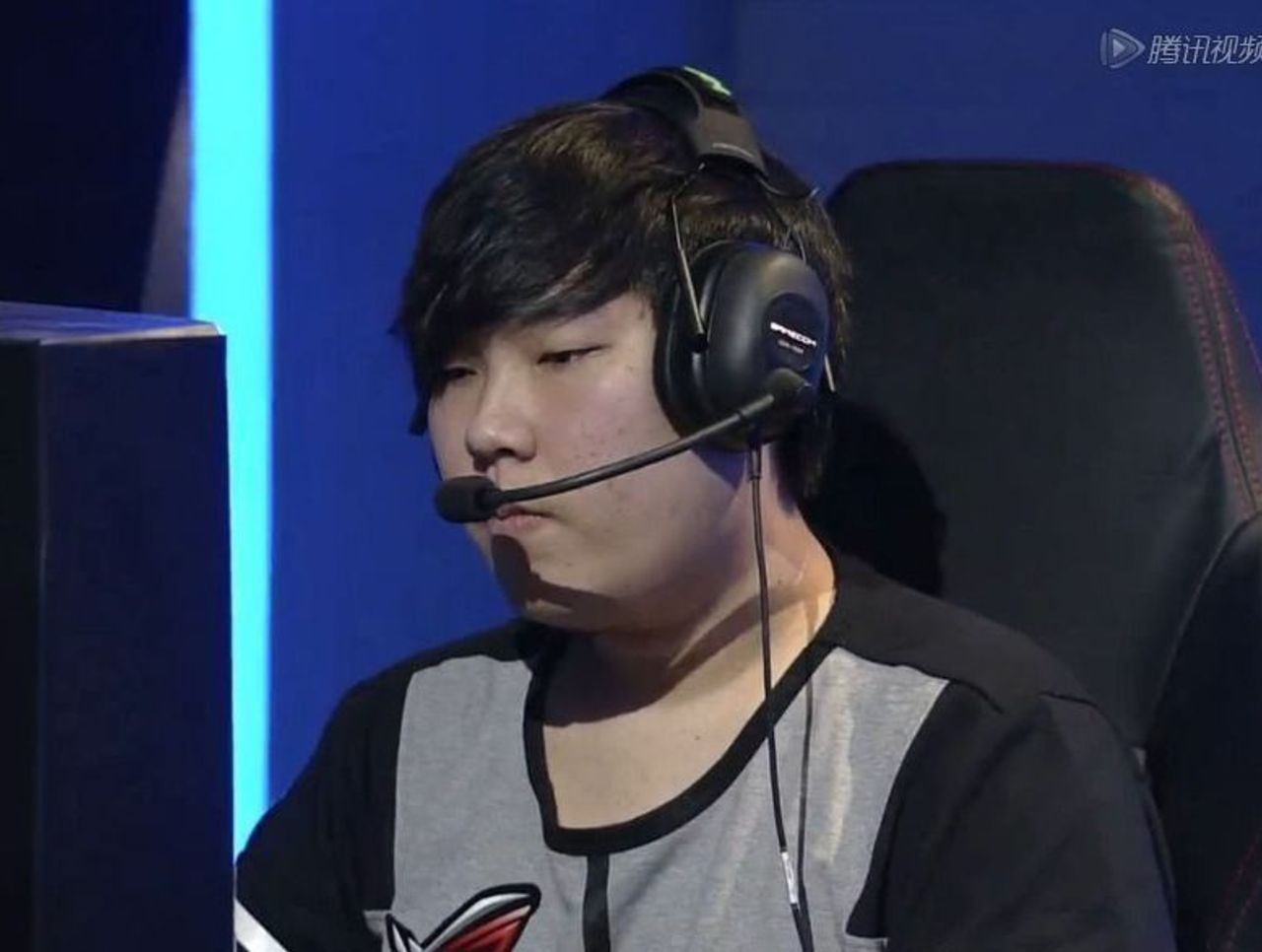
You'd think with all the names condensed on SHR's team, you'd be able to shoehorn an LPL-qualifying roster together. lies and SouthWind are likely the best prospects on the list with inSec lagging depending on his form when he transitions back the jungle. Rumors that Zhu "NaMei" Jiawen will announce his retirement grow.
I just want to see Royal explain that, once again, they have decided to "trade rosters" with King.
Taking a step back from the Royal drama, Jang "MaRin" Gyeonghwan looks slated to join LGD Gaming. I think LGD may have to retool their team dynamic for MaRin's apparent dependency on his team playing around him, but maybe he'll surprise me and adapt.
LSPL team Kx.Happy is alleged to have sold their spot in LSPL to an organization with the acronym AVG for 1,800,000 RMB (~$280,465 USD). Given this is China, that's the most reasonable price I've heard all offseason. As a product of the exchange, jungler Ye "Milky" Jiaben is said to have been signed to newly qualified LPL team, Hyper Youth Gaming. Milky won't make HYG an LPL winning team, but he was one of my favorite young prospects this year so it will be nice to see him play in LPL.
Siu "Chris" Keung is looking to make his situation with Invictus Gaming more official after the sad scandal with LGD Gaming and assisting iG at Worlds. There's no word yet on how Won "Mafa" Sangyeon, iG's current coach, will fit into the picture.
Lee "firebathero" Seungeun is slated to leave WE with Kim "HooN" Namhoon staying on for next year.
Rumor Roundup
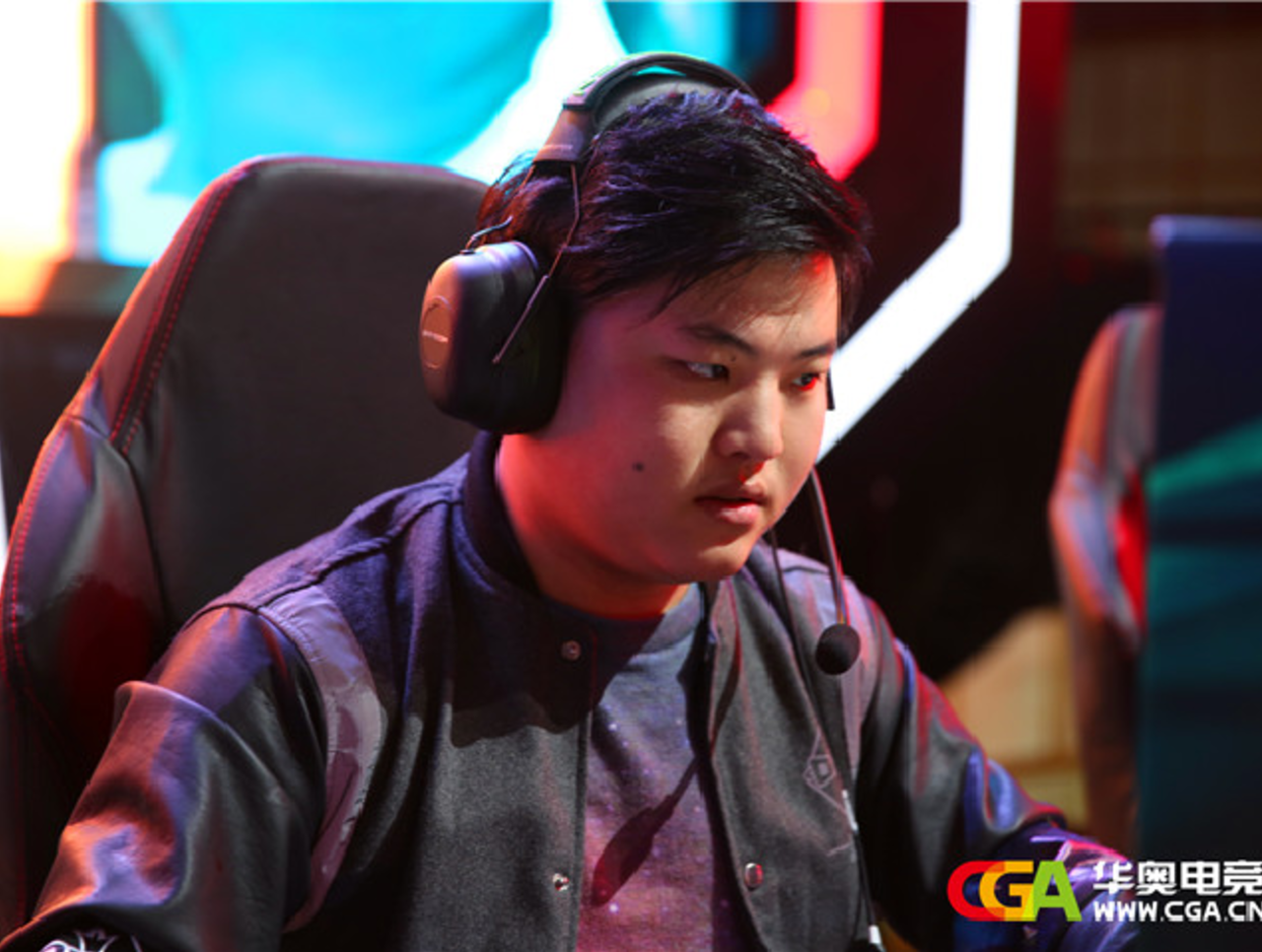
We can no longer put Jian "Uzi" Zihao to Royal Never Give Up under the "likely" column.
The biggest topic in the Chinese rumor mill this week was the suggestion that OMG and RNG had reached a price, but Uzi's father intervened, prompting OMG to ask for more money and RNG to back out. This was earlier in the week, however, and many have gone back to believing that Uzi will be signed to RNG before the December 10th transfer deadline. Since OMG was said to have paid an exorbitant price to Royal for Uzi initially, it's suspected that OMG have tried to get a premium for the high price, dragging on negotiation.
Much excitement over the Royal roster and addition of Mata has people guessing who the team will sign as the top laner. Most believe it will be a Korean player. Initially, Flame was suggested, but Jang "looper" Hyeongseok seems to be the most popular answer. This would give Royal Never Give Up the final roster of looper, Liu "Mlxg" Shiyu, Li "xiaohu" Yuanhao, Uzi, and Mata, which many have looked favorably upon. I seem to be missing the reasoning behind the fascination with looper.
Others see that Ming "Clearlove" Kai's last contract will end in January, making him a free agent, and therefore able to be contracted by other teams outside transfer period theoretically. This conflicts with earlier rumors that Clearlove had already re-signed with EDward Gaming, which I find much more probably. As EDward Gaming is a team built around him and reportedly has the best infrastructure in China, I don't see him leaving to join Royal Never Give Up, whose carry personalities might make them difficult to manage as-is.
As it stands, some are wondering of Heo "pawN" Wonseok will remain playing for EDward Gaming after all given his health problems lately. No further information is yet known on the matter.
For a wisp of a moment, a rumor lived that NaMei would try out for the top lane position of Royal, but that rumor was short-lived. I reproduce it here mostly for the comedic value of a situation that would result in NaMei playing top lane on a team with Uzi after the year they both had.
Upcoming Events: AllStars, Galaxy Esports Carnival, and Tencent Games Arena
Three tournaments in one weekend is a lot, so I'll give you the cheat sheet:
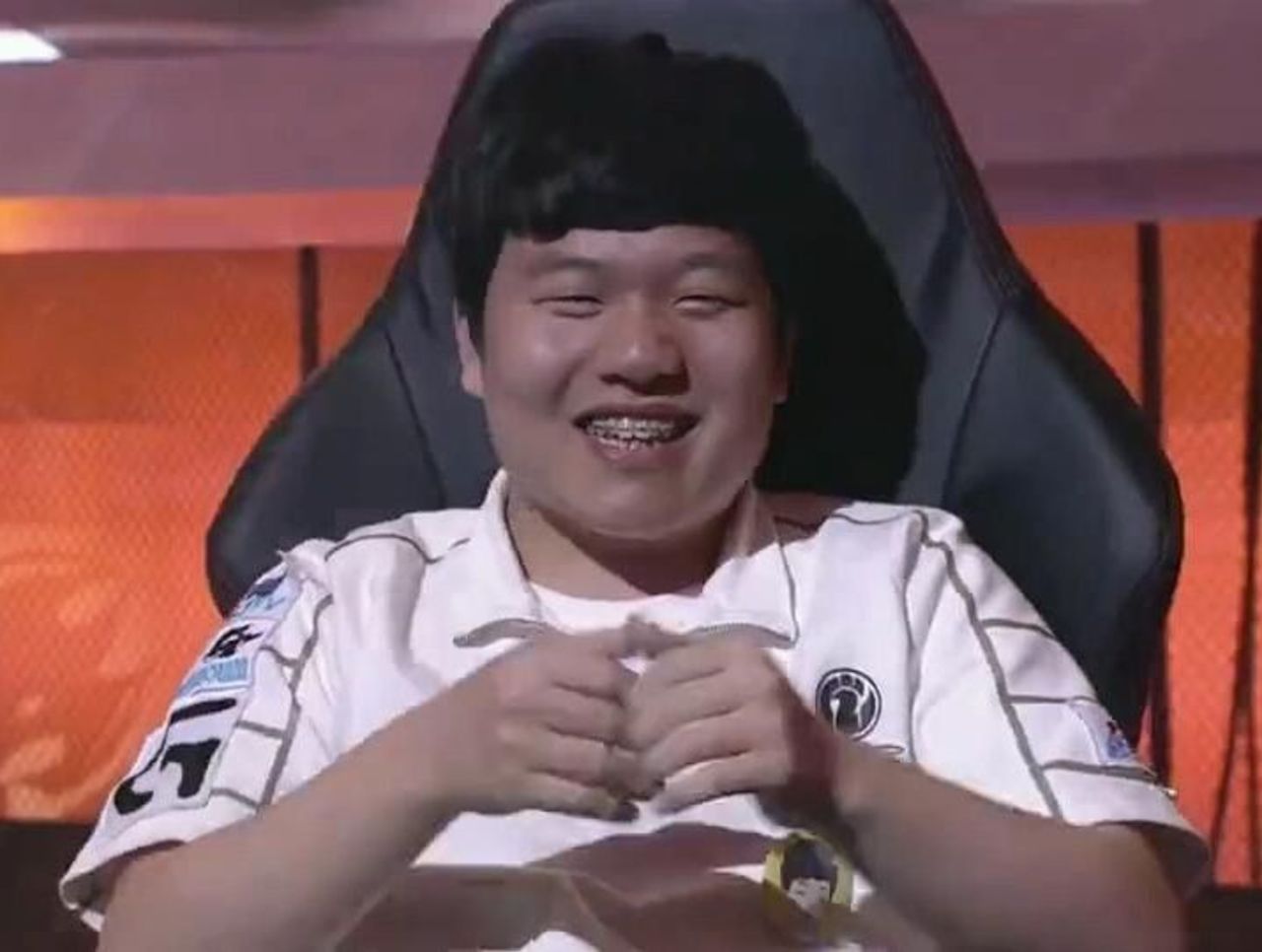
If you like fun game modes and international heroes trying to outplay each other, watch All Stars.
If you like pretty girls or Yu "cool" Jiajun (who incidentally had the nickname "cute girl" for a short period of time), watch GEC.
If you like watching new players for a hint of burning talent, TGA is your go-to.
If you don't like any of those, congratulations. You can take a weekend off.
theScore eSports app will have scheduling details for All Stars Los Angeles, and you can expect a short preview of China's All Star team from me later this week, so I won't spend much time on it.
Galaxy Esports Carnival
Galaxy Esports Carnival nVidia Festival is an annual gaming event, primarily dedicated to over-clocking competitions. Usually they host a short League of Legends tournament with the top four teams that were willing to participate.
This year, they decided to put on an "OMG vs Royal Club" rivalry theme. Given current contract negotiations, the event choice was timely, but given the scheduling conflict with All Stars and the fact that Uzi will be in Los Angeles during GEC, not so much.
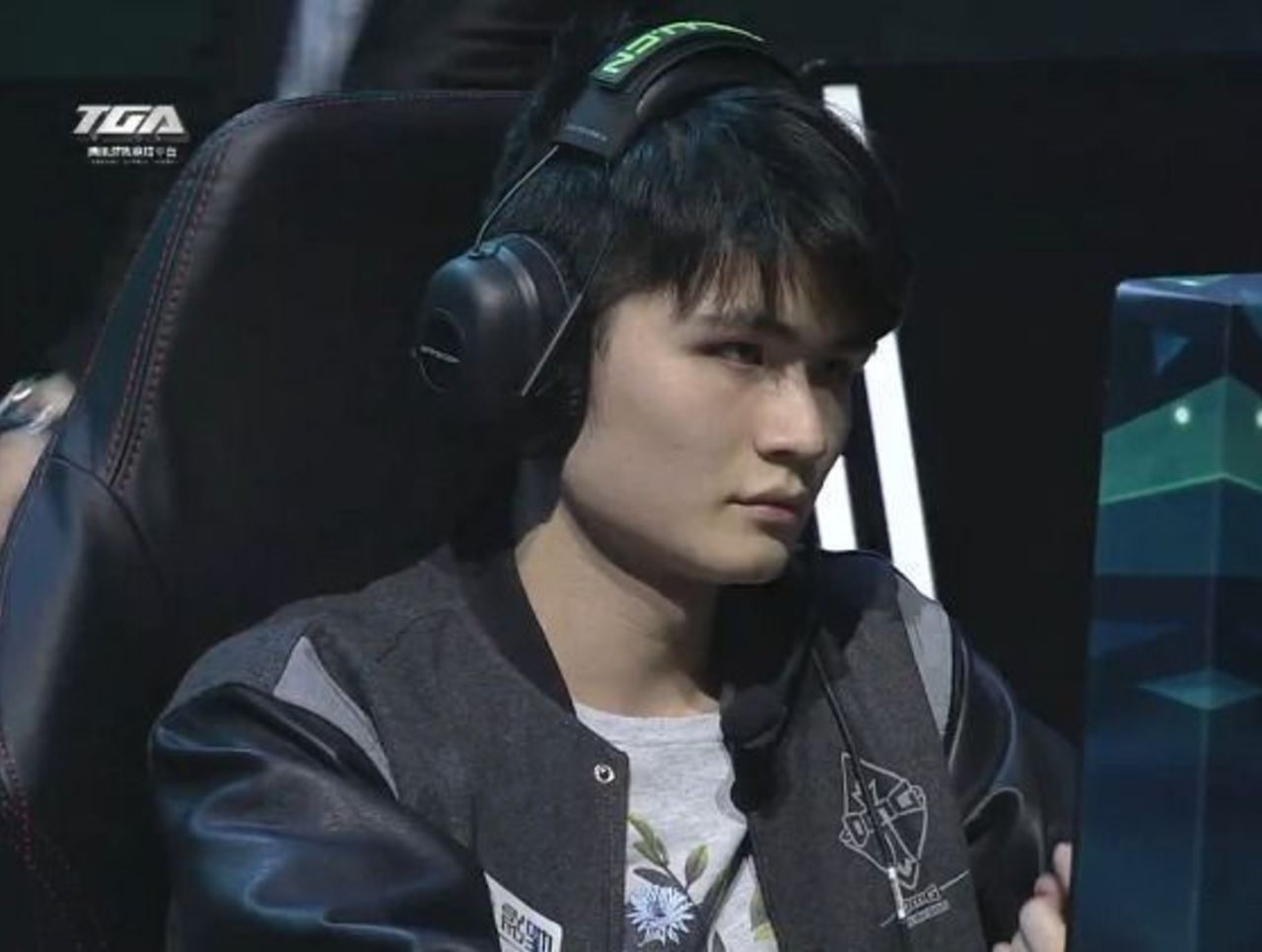
The original proposal for the event was to have a set between the current iterations of OMG and Royal Never Give Up. That match will still take place with the following rosters:
The second part of the event would feature "Classic OMG" against "Classic Royal Club." OMG's classic roster resonates with most people as the lineup they used in 2013 LPL Summer. Royal Club's classic roster is a little blurrier.
With Yoon "Zero" Kyungsup not fitting into the "classic" theme and Pak Kan "Tabe" Wong burning several bridges at Worlds this year (or maybe just not wanting to play at all, which is what I'm guessing happened to Pun Wai "Whit3zZ" Lo), the most well-known support associated to Royal would likely be Zhang "TcT" Hongwei for playing for Royal's sister team. Even Le "LeY" Yi could serve as a viable candidate, as he plays support for Royal now and played AD carry for them in 2014 Spring.
But no:
I'm not sure who decided this makes sense, but I suppose Fang "Dada777" Hongri always finds a way. Even when he's never played for your team before.
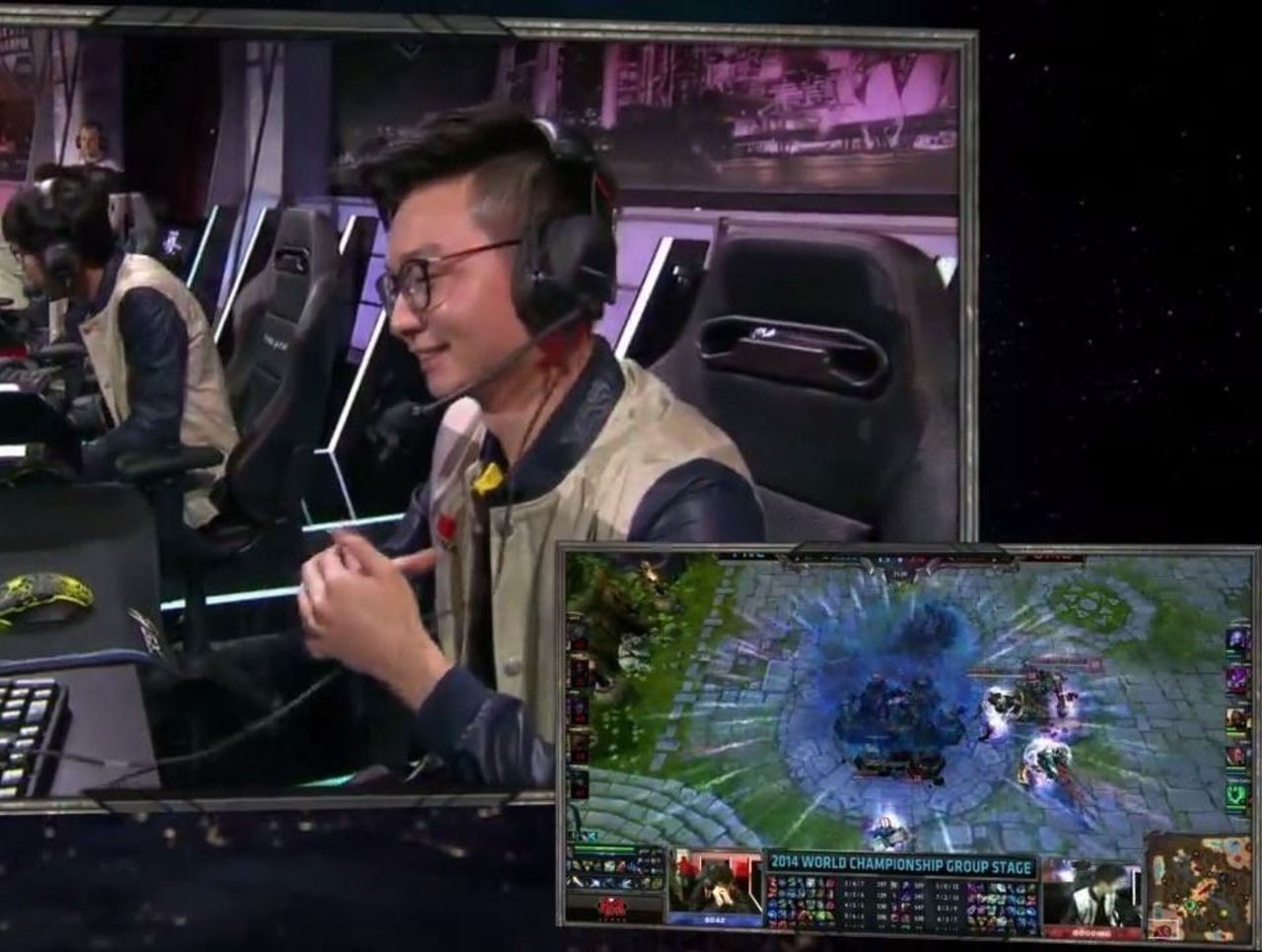
Since Uzi will be in Los Angeles, no real solution has been proposed, but the classic rosters are no longer available on the GEC website. You can, however, find the lineups for Oh My Girls and iGirls, OMG and Invictus Gaming's all girl sister teams.
League of Legends games will begin at 1:00 a.m. EST December 11th and 12:00 a.m. EST December 12th. The general feel of GEC will likely be less competitive and more about showmatches. Games can be watched here.
Tencent Games Arena
The tournament I care the most about this weekend is Tencent Games Arena. TGA used to qualify teams for LPL, but with the introduction of LSPL, it's become a qualification process for the secondary league. It's similar in format to National Electronic Sports Open in that teams are broken into eight groups of three to four, with each team representing one of 30 provinces.
Groups will be decided with BO1 Round Robin. The top two teams in each group will advance to the bracket, which will be seeded as follows. 一 indicates first seed from the group, and 二 indicates second seed. All matches will be best of three in the bracket until finals, which are best of five.
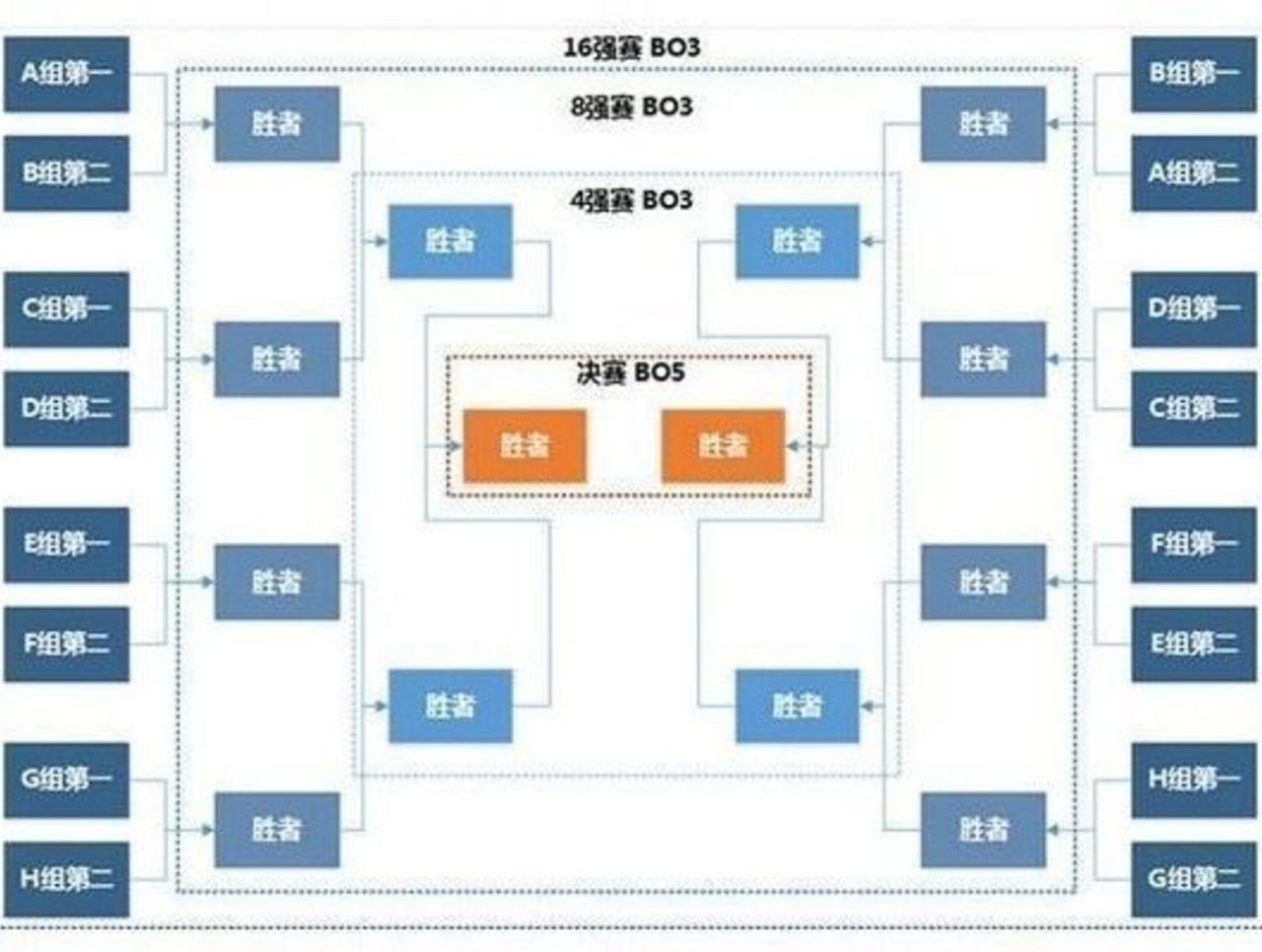
Each participating team will receive meal allowances, and the teams that place top four will qualify for 2016 LSPL Spring. Teams to watch seem to include Group D's Monkey Army and LioN Gaming (who allegedly have Korean imports), Group E's PandaTV team, Group F's Marvelous Gaming Brotherhood (both bottom laners in Liu "PDD" Mao's newly acquired team are in top 10 of the Ionian server), and Group G's POP187 Club (the team that conquered Invictus Gaming at NESO).
Group Stage begins December 9th at 12:00 a.m. EST with only some games streamed. The stream can be watched here.


0 nhận xét:
Post a Comment